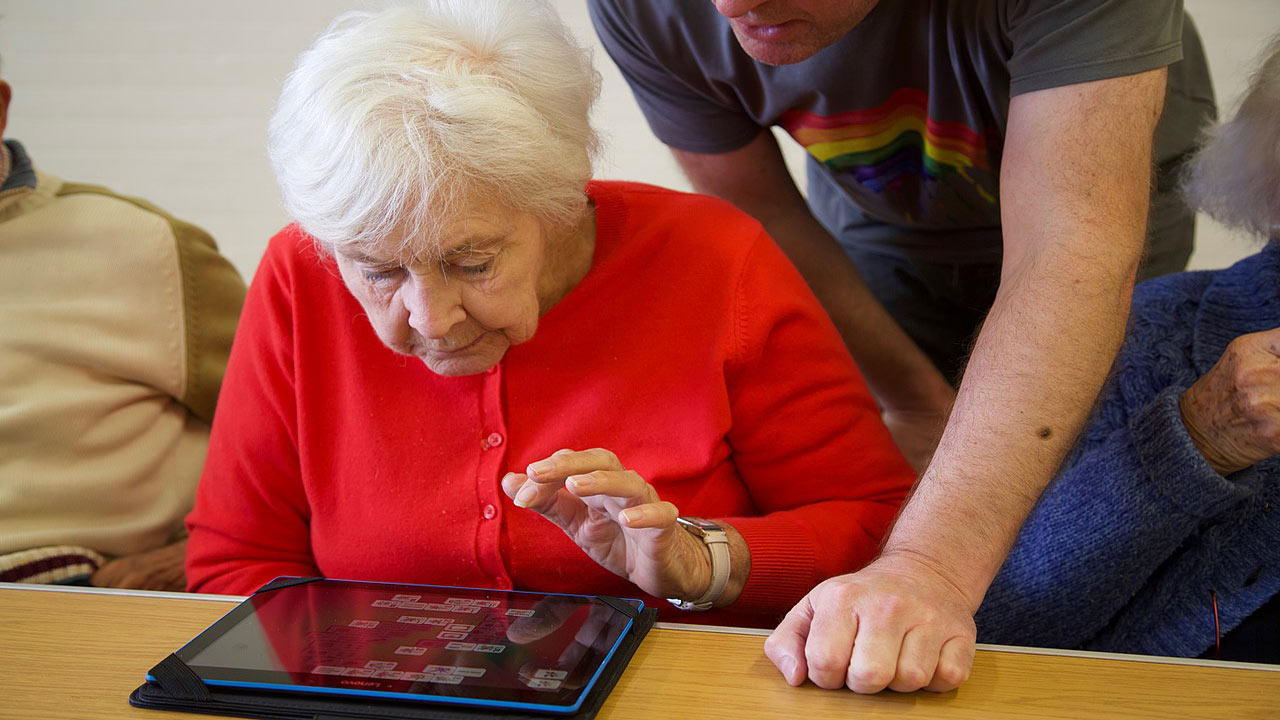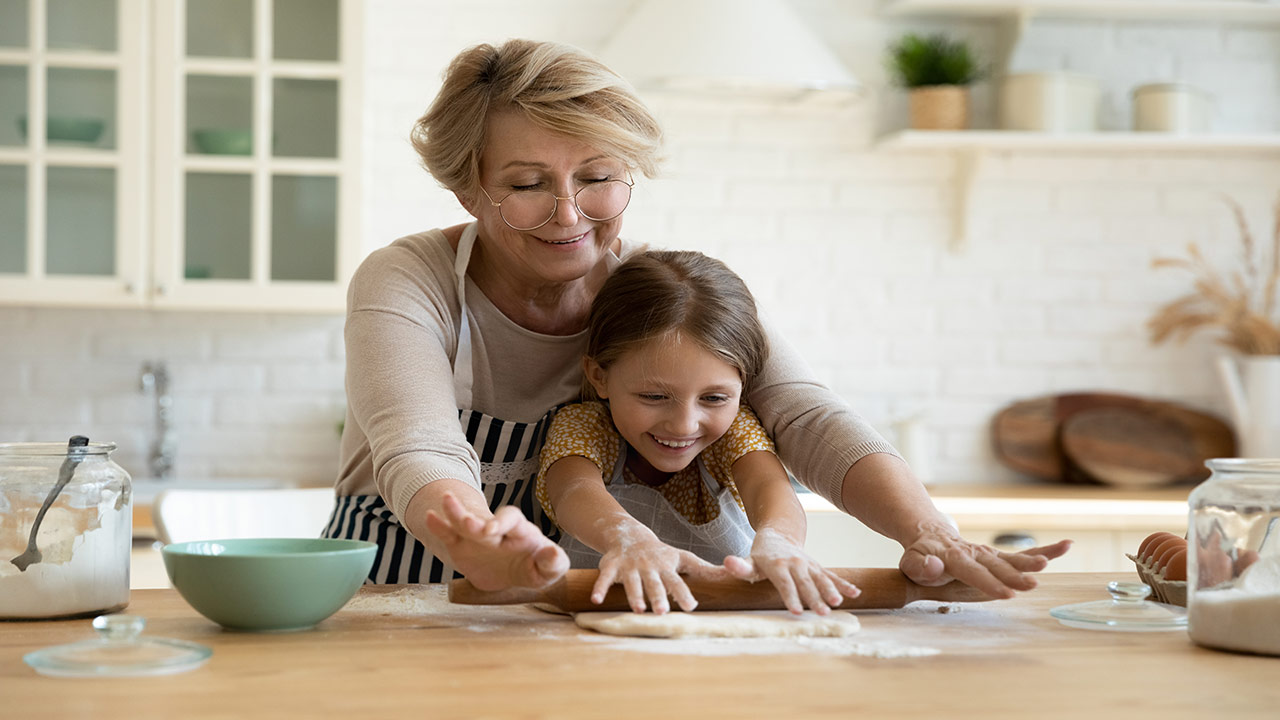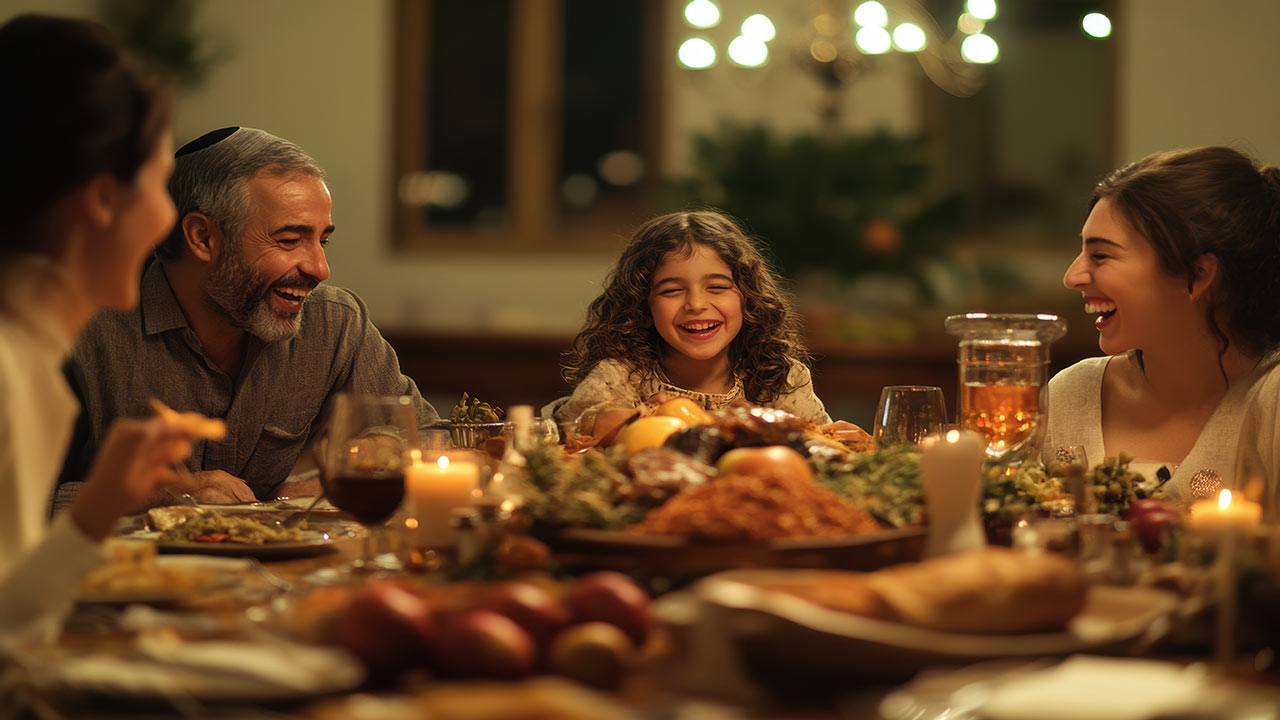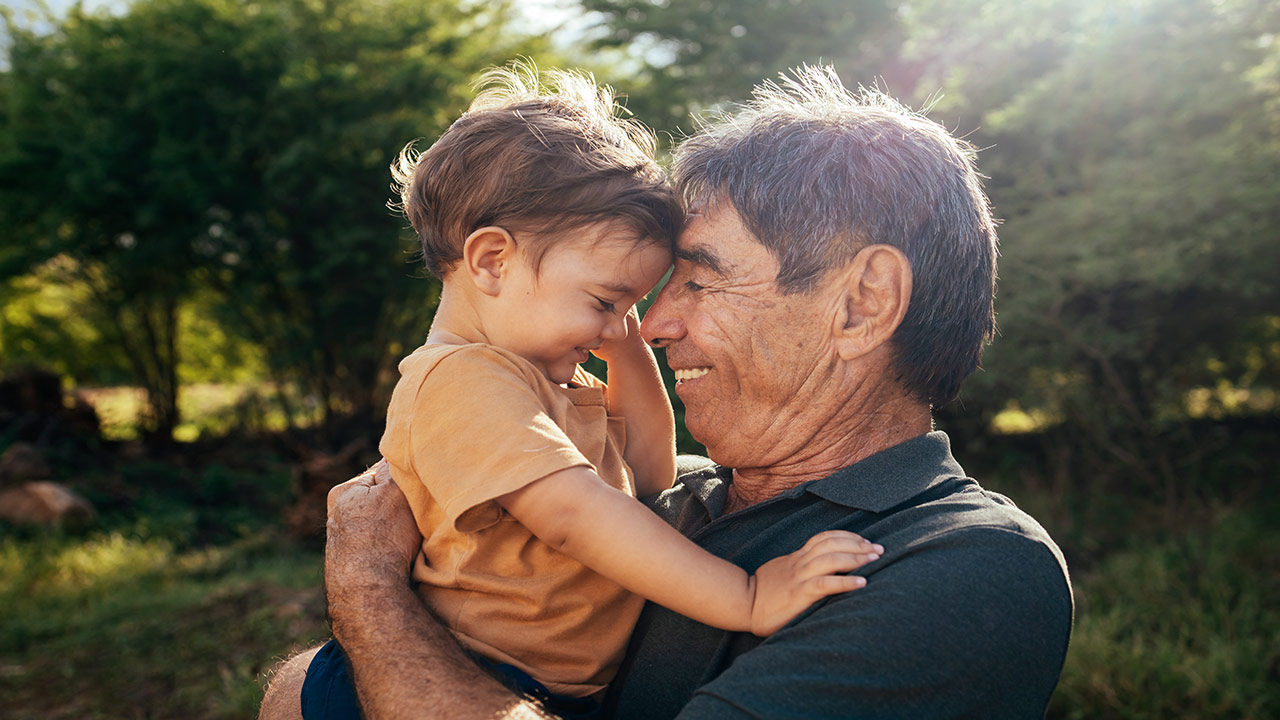Shortly after Thanksgiving last year, my husband and I moved his mother in with us. We didn’t make this decision lightly, but we did make it with love.
You see, she had been living on the Outer Banks of North Carolina for close to two decades. During that time, she had lost two husbands from a massive heart attack and bladder cancer, respectively. Through it all, she underwent multiple back and spinal surgeries and endured two minor strokes.
She wasn’t in the best shape to care for herself anymore, and we weren’t in any place to care for her from 1,500 miles away.
A couple of months after the passing of her second husband in July 2023, she came to visit us in Austin, Texas, where we began the early discussions of moving her from North Carolina to Texas to be closer to us. At that time, she was still relatively mobile and independent. She could still drive to and from various appointments, cook, clean her home, and take herself to events and gatherings. She often had good days that overshadowed the occasional bad ones.
In late October 2023, that all changed. She fell in her driveway and hit her head not once but twice. Hard. This injury resulted in a subarachnoid hemorrhage with an extensive amount of internal bleeding. Eventually, she was diagnosed with Cerebral Amyloid Angiopathy (CAA) – a condition that causes bleeding inside the brain that damages tissue. It also causes random seizures.
Things got serious. Real fast.
After her stay in the ICU, we were able to bring her home, where I stayed with her for another two weeks. My husband joined us the week of Thanksgiving. After that, we brought her to Austin to live with us. It was clear she was no longer capable of living on her own, but she wasn’t quite ready for an assisted living facility, either.
We were fortunate enough to have the means and resources to build a 400-square-foot tiny home in our backyard, literally a stone’s throw from our back door. She would have her own place to live while we could still be very close by in case anything happened, and we would continue to have a modicum of privacy.
However, this meant our lives were going to change completely.

We had to prepare ourselves mentally for this new chapter in our lives. When things get challenging and stressful, I remind myself why we chose to have my mother-in-law live with us.
Moving elderly parents into your home can be an ideal option to ensure their needs are met. Everyone has their own reasons for making this decision, so I keep mine in mind and return to them often.
Focusing on my “why” has helped me gain perspective when emotions run high. If something triggers sadness, anger, or frustration during the transition, take a few deep breaths and center yourself by recalling why you chose this.
Some “Why’s” That Might Resonate With You
- Keeping your parents at home saves money compared to long-term care facilities.
- It provides an excellent opportunity to spend more quality time with your loved ones.
- Your parents can assist with childcare and help your household run more smoothly.
- Taking care of your parents brings a sense of pride and peace, knowing they’re receiving the best possible care.
Before deciding to move your parent(s) in with you, it’s imperative to be honest with yourself about how much caretaking is involved.
Even if a residential facility isn’t an option, you still need to assess your parents’ care needs honestly. Consult a doctor or care facility for guidance if you’re unsure what they require.
Once you understand their needs, be truthful with yourself about whether you can meet them without compromising your well-being. It’s tempting to assume you’ll manage the burden as it comes, but that mindset often leads to burnout and frustration.
Caregiving can overwhelm even the most loving and compassionate children. Despite your best intentions, recognize your real-world limitations. Also, remember that caregiving needs are fluid and can change over time or very quickly. If you start off feeling capable, plan for how to address evolving needs as they arise.

Since we had built a home from scratch for his mother, we had the good fortune to outfit it accordingly with grab bars, wider door frames for wheelchair and walker clearance, and a walk-in shower, ensuring her ultimate safety. However, this might look different when moving your parents into your own home.
Recommended Checklist for Moving Elderly Parents:
- Ground floor: Place your parents’ living space on the same level as the kitchen to avoid the need for stairs. If stairs are unavoidable, consider installing a stairlift.
- Bathroom safety: Install grab bars and consider a walk-in shower to reduce the risk of slips and falls.
- Clear pathways: Keep floors clutter-free by using bins for toys and other items to eliminate tripping hazards.
- Stabilize decor: Use anti-slip mats under rugs, add bumpers to sharp furniture corners, and remove any unsteady chairs.
- Lighting: Ensure rooms, hallways, and walkways are well-lit. If your parents will be going in and out of the house, make sure exterior walkways are also brightly lit.
- Wheelchair accessibility: If your parent uses a wheelchair, guarantee doorways and hallways are 32 to 36 inches wide, and install ramps where necessary.
- Safety sensors: Install sensors on entry and exit points to alert you if your parent leaves home, which is especially helpful for those with dementia or memory issues.
I mentioned the need for privacy earlier, and I believe this is the most crucial aspect of moving your elderly parent in with you. It’s a critical component to maintaining your sanity and peace of mind.

We recognized very early on that my mother-in-law could still do a lot of things for herself. She just needed someone close by in case something unfortunate were to happen.
It’s important to allow your elderly loved ones to retain some autonomy. Taking over all responsibilities right away can lead to a faster decline in your parent’s mental and physical health and increase your risk of burnout.
Some Key Ways to Foster Independence
- Kitchen: Assign your parents their own cabinet for storage and a designated shelf in the fridge.
- Seating areas: If space allows, create a seating area in your parents’ bedroom. For extra relaxation, consider adding a private seating space in your bedroom.
- TVs: Provide a separate television for your parents so they can watch their preferred shows anytime.
- Laundry: Use color-coded laundry baskets and towels to keep your parents’ items separate from yours. Encourage them to do their laundry if they’re able.
- Pets: Encourage your parents to continue caring for their pets to provide companionship and responsibility. If they can’t, ensure someone else in the family takes over.
- Communication: Use cell phones, baby monitors, or walkie-talkies for easy, private communication.
- Renovations: Consider adding square footage to your home if it makes financial sense. Renovations can be costly, but they may save money in the long run compared to a care facility while increasing your home’s value.
Deciding to move your elderly loved ones into your home is an act of kindness and patience that requires deep reflection, honesty with yourself, and a lot of preparation.
Setting boundaries for everyone is imperative, but it is also important to recognize that those boundaries will be infringed upon as they age and require more assistance. Remember why you made this decision and see the silver lining in a situation that will test your patience.




